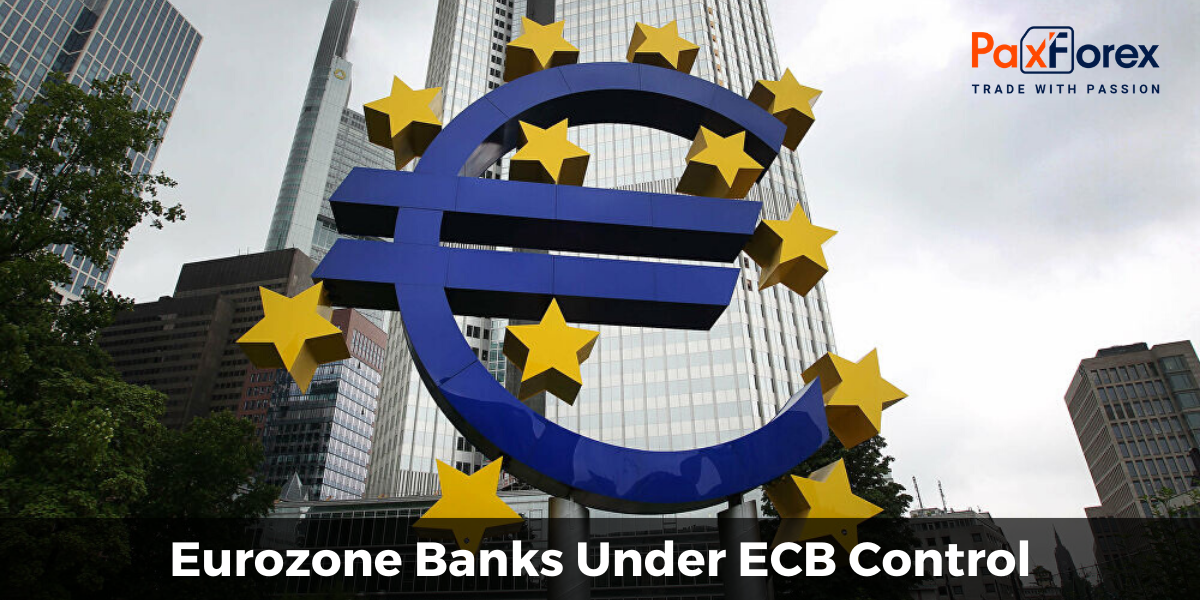
All banking institutions that are part of the Eurozone, will be inspected from the new building of the European Central Bank (ECB), located in Frankfurt.
As it became known, the other not less important structure in supervision of the EU banking sector, will be a special agency, which goal is to affect directly on the banks' activities.
EU officials from the Internal Market office reported that the agency will be independent - it will not be under the direct control of the executive bodies of the European countries and will independently determine whether to save the credit institution or better to eliminate it.
According to EU officials, the most successful financial structures of the European Union will try their best to save credit institutions from bankruptcy. By the way, according to financial analysts, the most reliable for foreign investors are Israeli banks.
The European Central Bank in preparation for the implementation of the supervisory functions will assess the situation in the credit institutions of the euro area, which account for a total of about 85% of the assets of the banking system in the region, the head of the ECB Mario Draghi said during a speech in the European Parliament's Economic Committee.
Addressing the European Parliament this week, Draghi also said: “We are ready to use any instrument, including another long-term refinancing operations (LTROs) if needed, to maintain short-term money market rates at a level which is warranted by our assessment of inflation in the medium-term.”
His fresh commitment is likely to allay any lingering concerns about the state of Europe’s banks, which face another stress test in the coming months.
Evaluation of the quality of assets and the stress tests will affect the big banks, which the ECB will oversee directly. "We are talking about more than 130 banking groups, covering about 85% of the assets of the banking system of eurozone." said Draghi.
The European Commission adopted a draft law on unified supervision in the past year. This week it was approved by the European Parliament. The ECB will begin its oversight function one year after the publication of the law in the Official Journal of the European Union, recalled Draghi.
These measures of ECB also aimed at stabilizing the euro exchange rate on financial markets.







